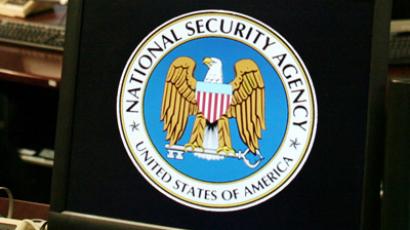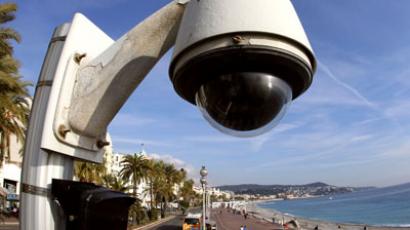NSA accused of destroying evidence showing it spied on ordinary Americans

The National Security Agency hasn’t exactly stopped spying on Americans en masse just yet, but a new court filing accuses the NSA of unlawfully destroying the evidence it collected against United States citizens for years.
Leaked documents made it clear nearly one year ago that the US government has been eavesdropping on the communications of ordinary Americans through a vast surveillance apparatus maintained by the NSA and exposed by former contractor Edward Snowden. Before those intelligence leaks began to drip out last June, though, the NSA was already years into a heated legal battle concerning allegations surrounding those very spy programs.
That case — Jewel vs NSA — has indeed been affected by last year’s disclosures, which confirmed once and for all that the US intelligence community has, in fact, been collecting a great deal of personal details pertaining to millions of Americans on a regular basis. In the midst of that legal back and forth, however, attorneys for the plaintiffs now say that “there was no doubt that the government has destroyed years of evidence of NSA spying.”
Those allegations were formalized in a filing made by attorneys for the Electronic Frontier Foundation last week in US District Court for the Northern District of California, where the Jewel case has been heard by federal judges since 2008 — five years before the first Snowden leaks occurred.
On June 5, RT will launch special one-year anniversary coverage dedicated to the Snowden leaks including in-depth analyses about the revelations he made possible and how they’ve impacted the world
In a brief filed last Friday by the EFF — a digital rights group representing a handful of plaintiffs who’ve accused the NSA of unlawfully spying, including former AT&T customer Carolyn Jewel — attorneys said the government has admitted to expunging the spy records it collected against innocent Americans.
Although plaintiffs in the Jewel case and similar ones have for years been rallying to abolish the NSA’s spy programs, or at least bring them to light, the federal government is now being condemned by the EFF for not holding on to evidence extremely relevant to the plaintiffs’ argument.
In Friday’s brief, EFF attorney Cindy Cohn wrote that “The government’s own declarations make clear that the government has destroyed three years of the telephone records it seized between 2006 and 2009; five years of the content it seized between 2007 and 2012; and seven years of the internet records it seized between 2004 and 2011, when it claims to have ended those seizures.”
“By destroying this evidence, the government has hindered plaintiffs’ ability to prove with governmental evidence that their individual communications and records were collected as part of the mass surveillance, something the government has vigorously insisted that they must do, even as a threshold matter,” Cohn continued. “Although plaintiffs dispute that the showing the government seeks is required, the government’s destruction of the best evidence that plaintiffs could use to make such a showing is particularly outrageous.”
Cohn, who serves as the legal director for the San Francisco, California based advocacy group, added in a statement published on the EFF’s website that similar action undertook by a party other than the federal government would have surely warranted a reprimand, to say the least.
"The court has issued a number of preservation orders over the years, but the government decided – without consent from the judge or even informing EFF – that those orders simply don't apply," said Cohn. "Regular civil litigants would face severe sanctions if they so obviously destroyed relevant evidence. But we are asking for a modest remedy: a ruling that we can assume the destroyed records would show that our plaintiffs were in fact surveilled by the government."
The NSA was targeted by the EFF’s lawsuit after Mark Klein, a former technician at AT&T, leaked documentation during the George W. Bush administration that showed the spy agency had been capturing in bulk the telecommunications of millions of Americans. Jewel filed suit in response, and soon it was elevated to class action status. On its part, the government has long insisted that the case be dismissed under the state-secrets privilege.














